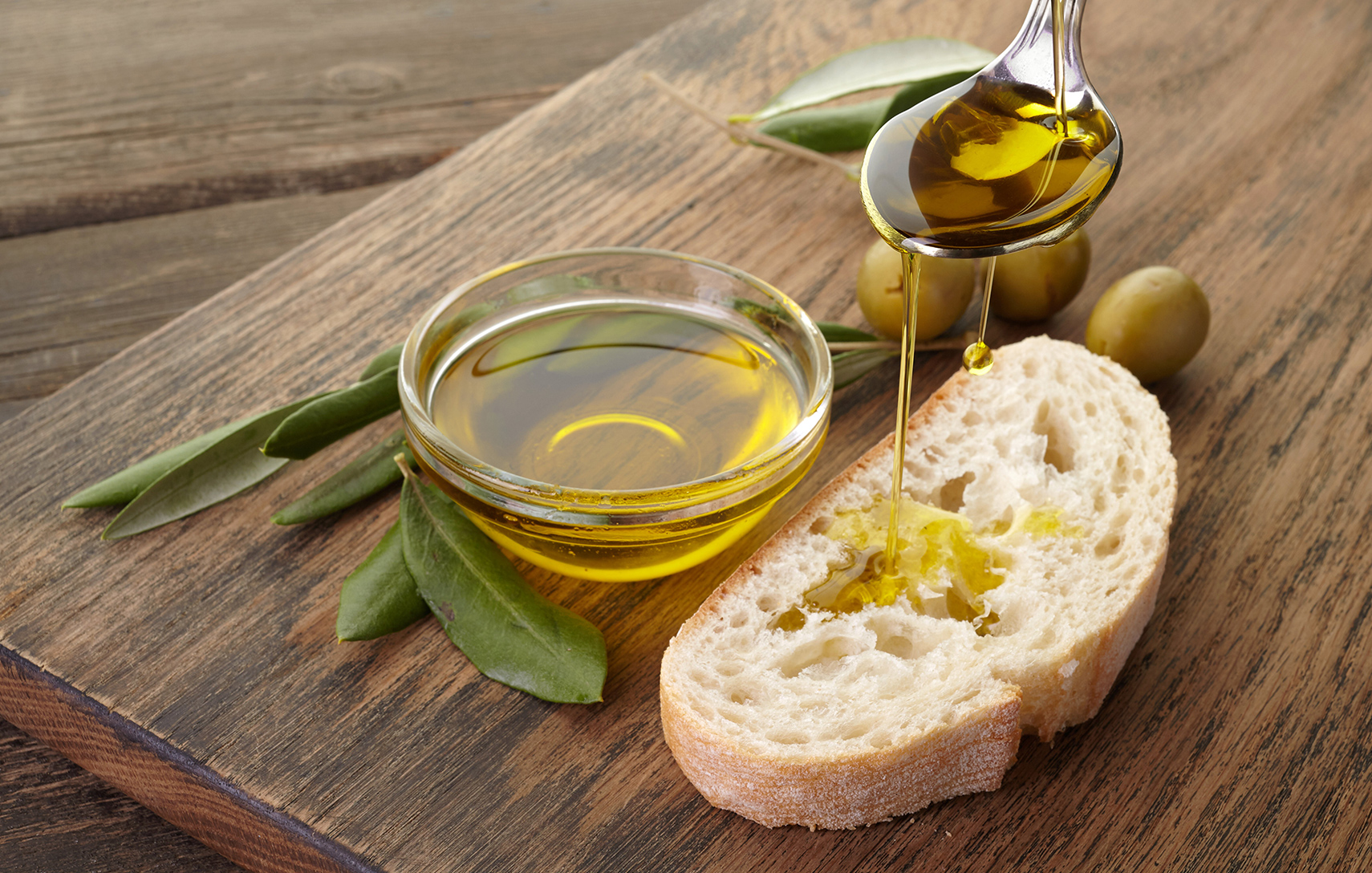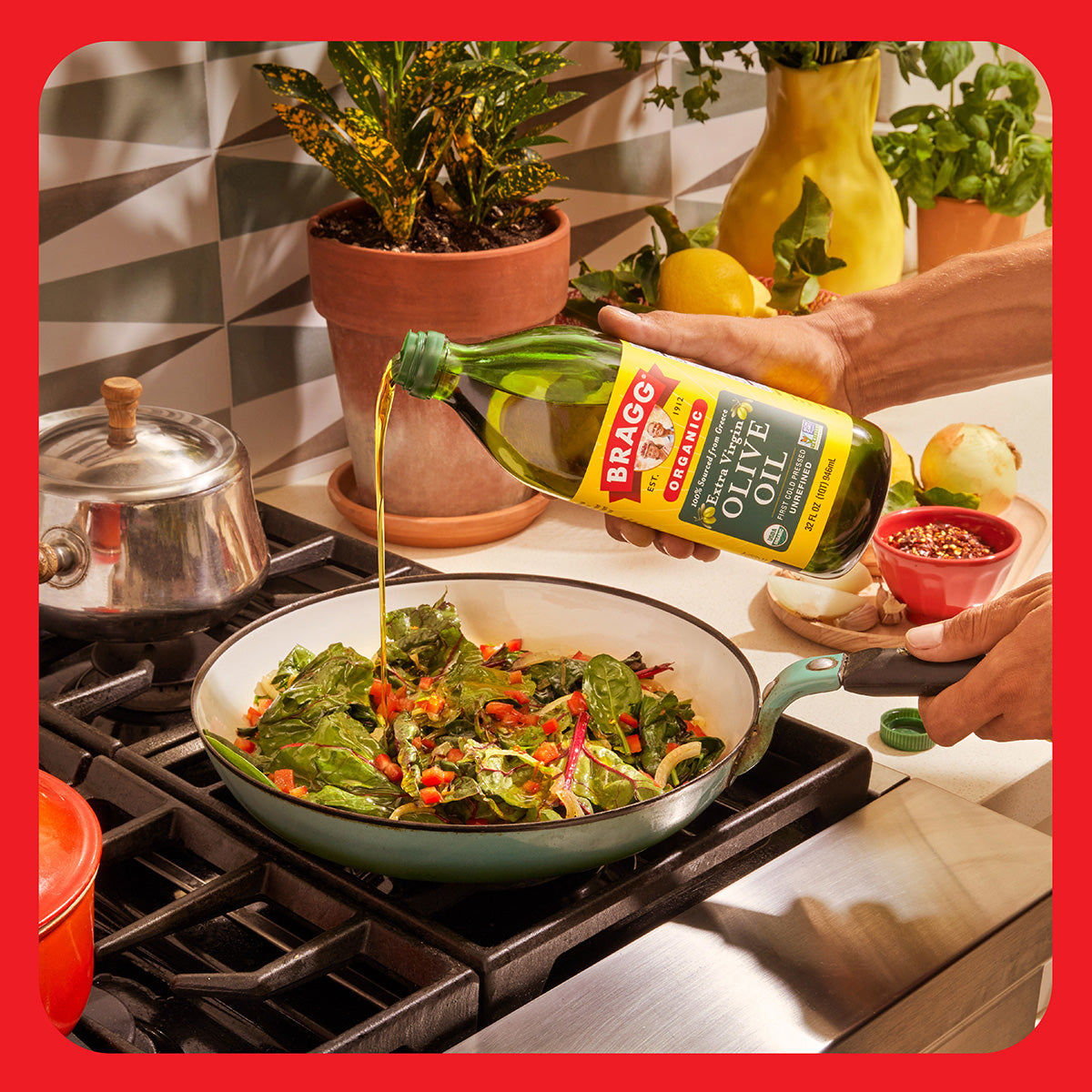The Top Extra Virgin Olive Oil Benefits That Can Transform Your Diet
The Top Extra Virgin Olive Oil Benefits That Can Transform Your Diet
Blog Article
The Crucial Guide to Recognizing Additional Virgin Olive Oil and Its Culinary Advantages
Bonus virgin olive oil stands as a foundation of cooking excellence, distinguished not just by its remarkable top quality but also by its myriad health benefits. This oil, drawn out from the initial pressing of olives, uses reduced acidity and a complex taste account that boosts a diverse variety of dishes. Comprehending the subtleties of its manufacturing and health and wellness residential properties is crucial for both culinary fanatics and health-conscious customers alike. Yet, lots of remain unaware of just how to successfully integrate this active ingredient right into their daily food preparation methods, prompting a more detailed assessment of its true possibility.
What Is Bonus Virgin Olive Oil?
Extra virgin olive oil (EVOO) is a top quality oil acquired from the first pressing of olives, identified by its reduced acidity and rich taste account. This oil is thought about the finest quality of olive oil, conference strict requirements for quality and taste. To qualify as additional virgin, the oil has to be extracted with mechanical methods without making use of warm or chemicals, protecting the all-natural characteristics of the olives.
EVOO is celebrated for its complicated scent, varying from fruity to sharp, and its distinctive taste that can vary based on the olive range and area of manufacturing. The health benefits of extra virgin olive oil are well-documented; it is rich in monounsaturated fats, antioxidants, and anti-inflammatory compounds, adding favorably to heart wellness and total health.
In cooking applications, EVOO is functional, suitable for drizzling over salads, enhancing the flavor of cooked dishes, and serving as a base for marinates. Its special flavor profile not just elevates dishes but also plays a vital duty in Mediterranean food, where it is a standard active ingredient. Recognizing EVOO's top qualities can improve cooking experiences and advertise healthier eating practices.
How Extra Virgin Olive Oil Is Made

This action is critical for launching the oil from the cells of the fruit. Following this, the paste is subjected to malaxation, where it is gently mixed to help with the separation of oil from water and solids.
The next phase includes centrifugation, which utilizes fast spinning to separate the oil from the staying pulp and water. The resulting oil is then filtered to improve clearness and stability. Lastly, additional virgin olive oil is saved in dark glass or stainless-steel containers to protect it from light and oxidation, guaranteeing its extraordinary taste and high quality are protected up until it reaches consumers.
Health And Wellness Advantages of Additional Virgin Olive Oil
What makes extra virgin olive oil a staple in healthy diet regimens all over the world? Its abundant structure of monounsaturated fats, mainly oleic acid, contributes significantly to cardio health and wellness. Research studies have revealed that these healthy and balanced fats can decrease inflammation, reduced poor cholesterol levels (LDL), and increase excellent cholesterol (HDL), therefore promoting heart wellness.
Additionally, additional virgin olive oil is a potent resource of antioxidants, consisting of polyphenols and vitamin E (extra virgin olive oil benefits). These substances assist battle oxidative tension and reduce the threat of chronic diseases such as cancer cells and diabetes. The anti-inflammatory residential properties of extra virgin olive oil better improve its health advantages, making it a useful addition to an anti-inflammatory diet plan
Research has actually also suggested that regular usage of extra virgin olive oil may sustain cognitive function and reduced the risk of neurodegenerative illness, such as Alzheimer's. Additionally, its prospective duty in weight administration, when made use of in moderation, emphasizes its flexibility as a healthy fat resource.
Culinary Utilizes and Applications
A keystone of Mediterranean cuisine, additional virgin olive oil offers a plethora of cooking applications that boost taste and elevate dishes. Its abundant, nuanced preference profile makes it a perfect selection for showering over salads, grilled veggies, or baked meats, imparting depth and splendor.
Furthermore, it functions as an essential active ingredient in dressings, supplying a base for vinaigrettes and creamy sauces, while boosting the general taste experience. Bonus virgin olive oil can likewise be used as a completing oil, added prior to offering to highlight the dish's scent and flavor account.

Tips for Choosing Quality Olive Oil
Picking top quality olive oil can dramatically improve both flavor and health advantages in your cooking ventures. To ensure you choose the most effective item, think about the complying with tips.
First, search for the classification "additional virgin" on the tag. This classification indicates that the oil is made from the first cold pushing of olives, preserving the highest degree of flavor and nutrients. In addition, check for a harvest date; fresher oils are usually better in both taste and wellness residential properties.
Next, take into consideration the resource. Oils from regions recognized for premium production, such as Italy, Spain, and Greece, usually generate superior items. Look for single-origin oils, as they generally offer an even more authentic taste profile contrasted to blends.
Analyze the product packaging, as well. Quality olive oil needs to be kept in dark glass containers or tins to safeguard it from light and oxidation. extra virgin olive oil benefits. Stay clear of clear plastic bottles, as they reveal the oil to light, which can degrade its high quality
Conclusion
In final thought, additional virgin olive oil stands as a costs oil, commemorated for its exceptional flavor and various health and wellness advantages. Choosing high-grade added virgin olive oil is vital for optimizing both flavor and health homes, strengthening its condition as a staple in healthy and balanced food preparation and nutritional methods.
Additional virgin olive oil (EVOO) is a high-grade oil derived from the initial pressing of olives, characterized by its reduced acidity and rich taste account.The manufacturing of added virgin olive oil begins with the mindful harvesting of olives, which are normally handpicked to stop damages to the fruit. Added virgin olive oil is kept in dark glass or stainless steel containers to protect it from light and oxidation, guaranteeing dig this its exceptional taste and high quality are maintained up until it gets to customers.
In conclusion, additional virgin olive oil stands as a premium oil, celebrated for its exceptional flavor and numerous wellness advantages. extra virgin olive oil benefits. Choosing premium additional virgin olive oil is important Read More Here for maximizing both taste and health residential properties, enhancing its condition as a staple in healthy and balanced food preparation and dietary methods
Report this page